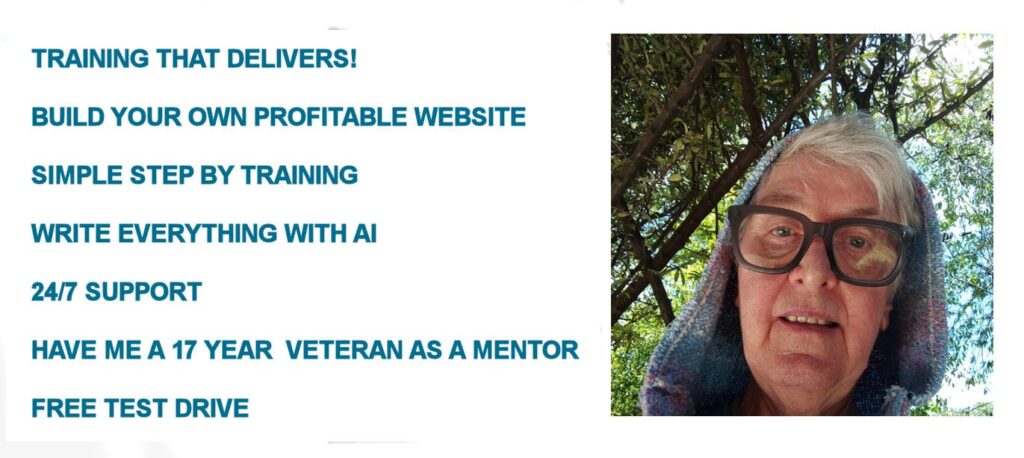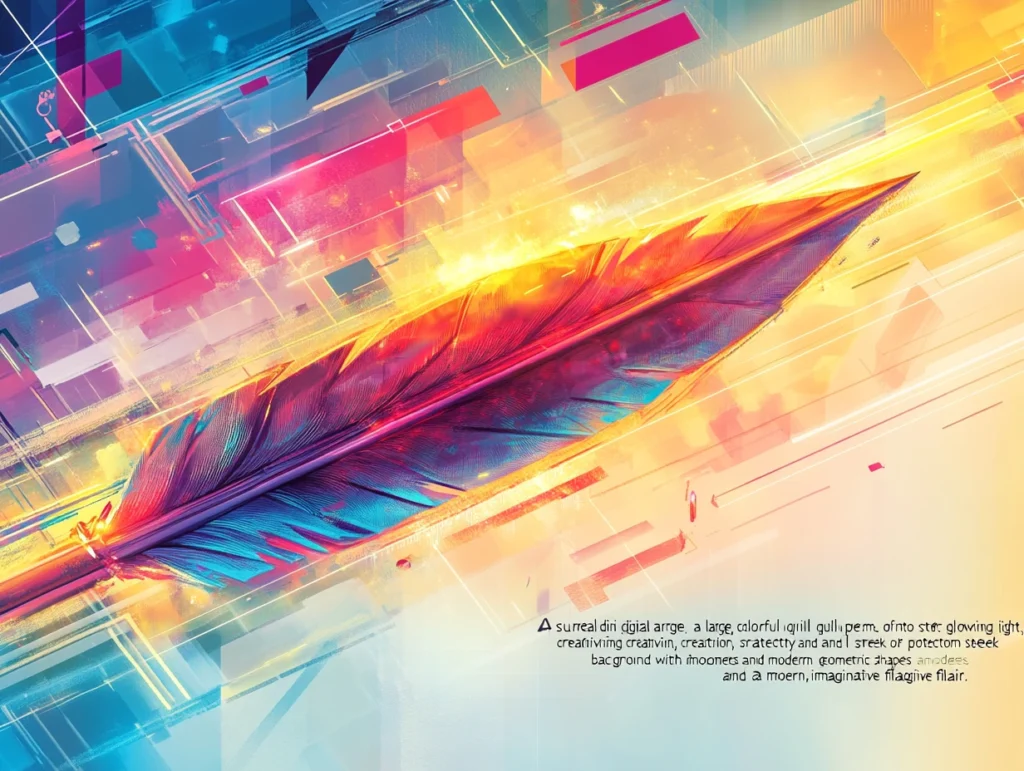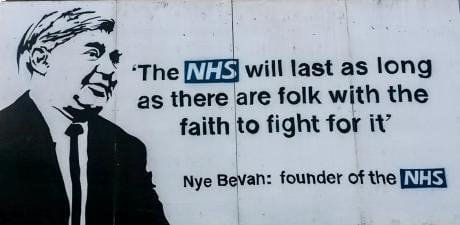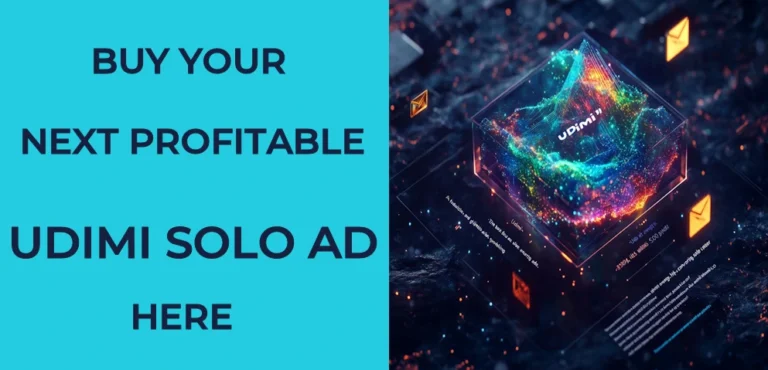Copyright Law For Bloggers
Copyright laws are like this invisible circle of protection around your creations. What are copyright laws for bloggers may not be your first consideration when you think about creating an online business. Copyright laws are designed to shield creators from having their work copied or used without permission. What copyright does is give you, the creator, all the control over how your work is used and shared. Though often confused with trademarks and patents, copyright is different. Trademarks are all about branding and protecting logos and brand names; patents focus on inventions, giving the inventor rights over their creations. Copyright, however, is specific to original works like text, music, and art that you might post on your blog.
Table of Contents
- Key Compliance Regulations and Guidelines
- The Role of Disclosure: Transparency with Your Audience
- Privacy Policies: Protecting Your Audience and Yourself
- Incorporating Ethical Marketing Practices
- Guarding Against Fraud and Deceptive Practices
- Monitoring and Adapting to New Regulations
- Partnering Wisely: Choosing the Right Affiliate Programs
- Building Trust and Authority through Compliance
Copyright Laws are Not new
This whole concept of copyright isn’t exactly new. It goes back hundreds of years to when people first recognized that creative works deserved protection. Laws evolved from those early days, adjusting to technology and society’s changes to what we have now.
If you’re a blogger, this matters a lot. Understanding copyright is crucial because it defines what’s legal and what’s not when using content online. Blogging involves a lot of content creation, so getting a grip on copyright ensures you’re not stepping on any legal landmines and that your own work stays protected.

The Rights Granted by Copyright law
Copyright is like a toolkit of rights for creators. It grants you a set of exclusive rights that take effect automatically the moment you create your work. This means no one else can legally reproduce, distribute, or display your work without your permission.
One of the most significant rights is reproduction. Copyrighting laws allow creators to control who can make copies of their work. These laws are handy for bloggers who need to control the distribution of their content. After all, your blog is your digital real estate, and it’s only fair to decide how it gets shared or used.
Distribution Rights
Another piece of the copyright law puzzle is distribution rights. Distribution rights determine how you share your work with the public. If you’ve written a unique piece, you get to dictate where and how it can be distributed, ensuring you’re in charge of every copy that floats around the Internet.
Public performance and display rights come into play with works that can be performed, like a song or a theatrical display. For bloggers, this might apply if you use multimedia content in posts, like videos or music, ensuring you’re not unknowingly breaching any laws.
The copyright duration also gives creators peace of mind, protecting work for the creator’s lifetime plus several decades afterward in many jurisdictions. This longevity helps ensure ongoing control and potential earnings from creations.
Understanding these rights isn’t just a legal necessity for bloggers—it’s part of maintaining the integrity and value of your work. Knowing your rights helps you make informed decisions about how your content is used and shared, both now and in the future.
Fair Use and Its Implications for Bloggers
Fair use is like a legal gray area in copyright law, allowing the use of copyrighted material under specific conditions without permission. For bloggers, understanding fair use is crucial since it often affects content creation.
Four main factors determine fair use: purpose, nature, amount, and effect. The purpose assesses whether the use is for educational or commercial purposes. Educational purposes lean more towards fair use, while commercial doesn’t. The nature of the work considers if the material is factual or creative, with factual works more likely regarded as fair use. The amount looks at how much of the work you’re using—a significant chunk might not qualify. Lastly, the effect checks if your use could impact the original work’s market.
It’s easy to misunderstand what constitutes fair use. Just because something is online does not give you a free pass to use it. Careful attention to these four factors can help you avoid pitfalls.
Examples of fair use in blogging could be quoting a small portion of a book for a review or using brief excerpts from a newscast for an analysis piece. These scenarios typically don’t replace the original work, thus aligning with fair use principles.
Knowing the ins and outs of fair use helps keep your blog on the right side of copyright law, avoiding unnecessary legal woes while allowing creative expression.
Copyright Law Should Not be Taken as A Right To Copy Be creative

What makes your blog unique is you. It reflects you and your belief systems, and when you are creating content, this is important. Authenticity in blogging is about letting your unique voice shine through and staying true to your values and experiences. Readers connect more deeply when they sense honesty and genuine emotion in your words—it builds trust and fosters loyalty. Instead of chasing trends or mimicking others, focus on sharing your personal insights, even if they’re imperfect or unconventional. Authenticity isn’t about perfection; it’s about being relatable and real, creating a space where your audience feels seen and inspired. You can never achieve this by copying someone else. Newbies make the mistake of trying to copy someone authentic, and it screams “fake”, every time!
The Digital Millennium Copyright Act (DMCA)
The DMCA is like a copyright watchdog for the digital age. Enacted to address the challenges posed by the internet, it stands as a crucial piece of legislation for anyone involved in online content, including bloggers.
A significant aspect of the DMCA is its safe harbor provisions. These protections are meant for platforms that host user content, like social media sites or blog hosting services, shielding them from infringement claims as long as they comply with certain requirements. This means as a blogger, your hosting platform might take down your content if an infringement claim is made, relying on these provisions to avoid liability.
For bloggers, understanding how the DMCA works can be essential. For instance, if someone uses your content without permission, you might file a DMCA takedown notice, asking the hosting site to remove the infringing material. Similarly, if someone claims you’re infringing on their copyright, your post could be taken down by your host until the matter is resolved.
It’s crucial to recognize that the DMCA operates on a notice-and-takedown system, meaning that as soon as a valid complaint is received, the supposedly infringing material gets removed. This can make it very serious for bloggers to understand what constitutes infringement to avoid sudden content removal.
Staying DMCA-compliant isn’t just a defensive move—it’s key to credible blogging. Knowing what to do when facing a takedown request or how to respond to a complaint ensures that your content stays safe and accessible.
Copyright Infringement in the Blogging World
Copyright infringement occurs when someone uses copyrighted works without permission, stepping on the legal rights of the creator. For bloggers, this is a serious issue that can lead to legal headaches and tarnish your reputation.
Infringement can take many forms, whether it’s using someone else’s photos in your post without a license, copying large chunks of an article, or even embedding certain videos without proper clearance. The thing is, not knowing is not an excuse, and ignorance here won’t protect you from potential legal action.
There are real-world cases where bloggers found themselves on the wrong side of copyright law, costing them time and money. High-profile lawsuits often serve as cautionary tales, highlighting the importance of obtaining the right permissions and sticking to fair use.
Understanding the consequences is crucial. Penalties for infringement can range from removal requests and financial fines to lengthy court cases. The last thing you’d want is to get hit with an unexpected lawsuit when a simple precaution could have avoided it.
To avoid infringement, always double-check the content you want to use and consider seeking legal advice if you’re unsure. This can save a lot of hassle down the road and keep your blogging journey smooth and trouble-free. Making sure your work is original, or properly licensed, helps maintain the credibility and legality of your blog.
MIKE PAUL
“Trust, honesty, humility, transparency, and accountability are the building blocks of a positive reputation. Trust is the foundation of any relationship.”
Building Trust and Authority through Compliance
Establishing trust and authority in affiliate marketing is closely tied to how you handle compliance. Adhering to regulations not only protects you legally but also bolsters your reputation as a dependable and ethical blogger.
Engaging in compliant practices creates a perception of reliability among your readers. When your audience sees that you’re committed to transparency and ethical marketing, they are more likely to value and trust your recommendations. This trust is foundational to fostering a loyal readership.
Developing a strong sense of authority hinges on your ability to provide valuable content that respects the guidelines. By consistently delivering honest, well-researched, and clear information, you position yourself as a knowledgeable source that readers can rely on.
How to Legally Use Content in Blogs
Navigating the legal use of content in your blog involves understanding permissions and licenses. Before using any material, it’s crucial to secure the necessary permissions from the copyright holder. This permission could come in the form of a direct license or agreement, ensuring you’re legally covered to use the content as intended.
Creative Commons licenses can be a lifesaver here, offering a convenient way to source material. These licenses come in various forms, allowing creators to specify terms like attribution requirement and the ability to use the work commercially. This flexibility empowers you to enrich your blog with legal content without stepping over copyright lines.
When it comes to sourcing images, videos, or text, always check for explicit permission or licenses. Many stock photography websites now offer royalty-free images under specific terms. Using these resources can protect your blog from potential legal issues while allowing you to create visually appealing posts.
It’s also important to provide proper attribution where necessary. Even with a Creative Commons license, you often need to credit the original creator. Giving credit not only fulfills legal obligations but also respects the efforts of fellow creators.
By following these practices, not only do you avoid infringement, but you also demonstrate respect for the creative community. It’s a proactive approach that keeps your blog above board legally and offers peace of mind knowing your content is compliant with copyright laws.
Protecting Your Own Blog Content
Copyrighting your blog content is like putting a ‘no trespassing’ sign on your creative work, ensuring that others respect your ownership. As soon as you publish original content online, it is technically protected by copyright law.
To solidify this protection, consider taking steps to clearly demonstrate ownership. One effective method is registering your work with a copyright office, which provides an official record and strengthens your position if you ever need to pursue legal action.
Using digital tools and services can help track unauthorized uses of your content. Plagiarism checkers or reverse image searches can be invaluable in finding and addressing unwanted copies or use of your work.
If you do find your content being used without permission, there are legal paths available. Initially, consider reaching out to the offending party with a cease-and-desist letter. If that doesn’t work, legal professionals specializing in intellectual property can guide you further.
Protecting your content also involves making it clear to others that it’s copyrighted. Displaying a copyright notice, including the year and your name, reinforces the fact that the work is legally protected.
By taking these proactive steps, you safeguard your creative assets, making sure your hard work doesn’t get taken advantage of and maintaining the value and integrity of your blog.
The Role of Copyright Law in Monetizing Blogs
Copyright plays a pivotal role in turning your blog into a profitable venture. Securing the rights to your content opens up a range of monetization opportunities by allowing you to license your works for use by others.
Consider licensing agreements as a way to earn revenue. By licensing your blog’s content for use in other publications or media, you can get paid while maintaining ownership of your work. Each agreement can be tailored to allow others to use your content in specific ways while still protecting your rights as the creator.
Collaborations with brands also rely heavily on copyrighted material. When a brand wants to feature your work on their platform, having a clear understanding of your copyright ensures that all parties are aware of the rights involved. This clarity can lead to fruitful, ongoing partnerships, enhancing the credibility and reach of your blog.
Successful monetization often demands vigilance to ensure that your content isn’t used without permission, potentially costing you earnings. Keeping an eye on how your work is used online allows you to safeguard those financial opportunities.
Bloggers who proactively manage their copyright can expand their income streams while defending their content against misuse. By staying informed and strategically leveraging your rights, you can maximize the financial benefits of your creative endeavors, making your blog not just a passion project but a sustainable business.
Future of Copyright Laws in Blogging
Copyright laws are continuously evolving, adapting to the rapid technological advances that shape how content is created and shared online. As a blogger, keeping abreast of these changes is essential.
One significant shift on the horizon involves global copyright laws becoming more harmonized, aiming to create more uniform standards across different countries. This can impact how you manage your blog if you’re targeting an international audience, influencing how content is protected or licensed beyond your local jurisdiction.
The rise of technology, especially the influence of AI, is posing new challenges and opportunities in copyright law. AI-generated content blurs the lines between creator and tool, raising questions about authorship and rights. Bloggers need to stay informed on how these technologies are impacting copyright and what it means for their original work.
Staying ahead of these trends requires vigilance and a willingness to adapt. Engaging in webinars, legal updates, and even community forums can provide insights into how evolving laws might affect your blogging practices.
By remaining knowledgeable and flexible, bloggers can effectively navigate the future landscape of copyright law, ensuring they’re not only compliant but also capitalizing on new opportunities to protect and monetize their content.
Conclusion
Leveraging your compliance as a competitive advantage sets you apart from less scrupulous marketers. Demonstrating a clear commitment to ethical standards can enhance your credibility and influence within your niche. Legal compliance in blogging is not merely a formality but a fundamental aspect of responsible online publishing. Adhering to laws and regulations such as copyright laws, privacy policies, disclosure requirements, and data protection statutes safeguards both the blogger and the audience. It helps in building trust with readers, enhancing credibility, and fostering a professional image. Moreover, staying compliant minimizes the risk of legal repercussions, including lawsuits and financial penalties, which can be detrimental to both personal and professional endeavors.








You have provided much essential information about copyright laws for bloggers. I agree that understanding copyright laws is extremely important. It not only defines what’s legal when using content online, but encourages us to rely on our creativity. Protecting our work and staying within legal guidelines provide much peace of mind.